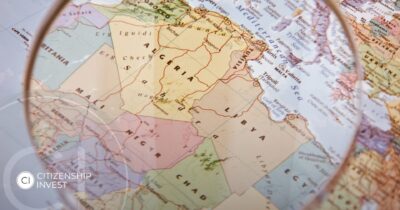

North Africa boasts a wealth of natural resources and a rapidly growing population of entrepreneurs who are steadily accumulating wealth. From energy and agriculture to manufacturing and tech innovation, the region’s economic potential is being fuelled by a new generation of business leaders and high-net-worth individuals. As these entrepreneurs expand their ventures beyond local markets, they increasingly seek global mobility, financial security, and access to international investment opportunities, driving demand for second citizenship and residency-by-investment programmes.
In a region where fluctuating markets, regulatory unpredictability, and limited visa-free travel pose ongoing challenges, investors from Egypt, Algeria, Morocco, and Tunisia turn to these options for long-term security, stability, and what was once seen as a luxury is now emerging as a necessity for those seeking to protect their wealth and secure a safer future for their families.
The shift towards global access
Thus, it comes as no surprise that over the past two decades, Africa has witnessed a notable exodus of its wealthiest citizens. Of the 54 African-born billionaires globally, only 21 still reside on the continent. Egypt, in particular, is experiencing a wealth outflow. While Cairo remains home to the most billionaires of any African city, with four billionaires and 30 centi-millionaires, it is also seeing a significant decline in its millionaire population. According to the 2024 Africa Wealth Report, Egypt has lost 22% of its millionaires since 2013. Similarly, Algeria has seen a 25% decline over the same period, while Morocco stands out as an exception, gaining nearly one-third more millionaires. This trend underscores a growing demand among North African elites for second citizenships that safeguard their wealth and future in an increasingly volatile region.
What’s driving the diaspora?
This growing trend can be attributed to a combination of interrelated factors that reflect both regional challenges and global opportunities, outlined below:
Economic Security
For many North Africans, second citizenship is a strategic move to safeguard wealth from regional economic instability. It provides access to more secure financial systems, international banking, and investment-friendly environments that support long-term wealth preservation.
Business Expansion
Investors from Algeria, Morocco, Libya, and Tunisia increasingly choose a second passport removing bureaucratic roadblocks, allowing for smoother business setup, entry into new markets, and building cross-border partnerships thus unlocking global commercial opportunities.
Enhanced Mobility
Many North African passports offer limited visa-free travel. Second citizenship opens the door to greater freedom of movement, with visa-free or visa-on-arrival access to over 120 countries. For instance, a Grenadian passport grants access to over 150 destinations, including the UK, EU, and key Asian markets like China, streamlining business travel and leisure.
Access to Education and Healthcare
Families prioritising their children’s futures look to citizenship-by-investment programs that offer access to top-tier schools and advanced medical systems. This ensures a better standard of living, healthier lifestyles, and competitive educational prospects abroad.
Tax Advantages
CBI programmes often come with attractive tax policies. High-net-worth individuals in North Africa benefit from low or zero tax rates on foreign income, wealth, inheritance, and capital gains—helping them legally protect and grow their assets with greater financial privacy.
Safety and Stability
A second passport offers peace of mind in a region prone to political shifts, civil unrest, or economic downturns, which are, unfortunately not uncommon in the region. It serves as a contingency plan—enabling swift relocation in times of crisis and ensuring long-term security for families.
The enduring appeal of Caribbean programmes
As these factors continue to drive North African investors to look at other options, Caribbean citizenship-by-investment (CBI) programmes, such as those offered by St. Kitts & Nevis, St. Lucia, Grenada, Antigua and Dominica, are emerging as favoured options due to their affordability, flexibility, and long-term benefits. These programmes provide a pathway to second citizenship through investments and government contributions, granting visa-free or visa-on-arrival access to over 140 countries, including the UK and Schengen Area with costs from USD 200,000. The streamlined application processes, typically completed within four to six months, and the absence of residency requirements further enhance their appeal.
The popularity of these programmes is evident in their growing application numbers. For instance, St. Lucia’s CBI programme experienced a 1,520% increase in applications, from an average of 252 annually between 2015 and 2022 to 4,076 applications in 2023. Caribbean CBI programmes have collectively issued over 100,000 passports since 2014, underscoring their robustness in the global investment landscape.
However, depending on your needs and personal or professional goals, there may be other residency or citizenship options better suited to your situation. At Citizenship Invest, we draw on years of experience to help clients navigate the complexities of an ever-evolving global landscape. Connect with our experts today and take the first step toward securing your wealth and future—quickly, confidently, and with trusted guidance.